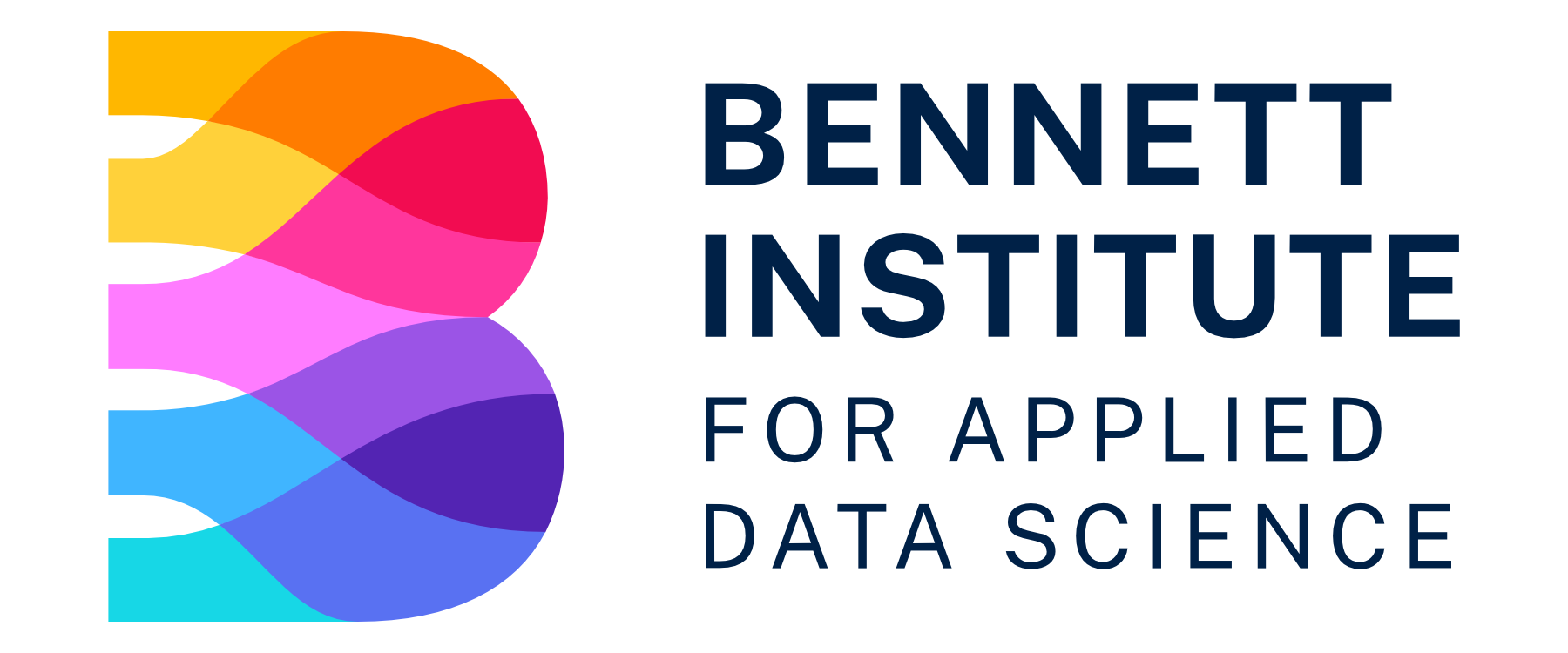
Secure analytics platform for NHS electronic health records
OpenSAFELY delivers research across over 58 million people's health records, always respecting patient confidentiality
Better research, improved patient confidentiality
Why OpenSAFELY?OpenSAFELY is a highly secure, transparent, open-source software platform for analysis of electronic health records data. All platform activity is publicly logged. All software for data management and analysis is shared, automatically and openly, for scientific review and efficient re-use.
Protecting privacy
We never let researchers download patient data, and OpenSAFELY tools let users to write code to analyse patient data without even needing to view the raw records.
Auditable by the public
It is a privilege to use patient data for the public good. OpenSAFELY respects patients by carefully considering this in every part of its design.
Better, open science
OpenSAFELY requires publication of all analytic code, and our tools drive all users to produce prespecified, reusable, testable, shareable and modular software for research.
Enabling high volumes of research
Over 60 published research outputs to date, with many more in progress.

OpenSAFELY is revolutionising the way we work with health data. The initiative has already delivered major contributions to public health during the COVID-19 pandemic. But OpenSAFELY also leads the way in terms of transparency, open working methods, and a uniquely secure data access model.
Ready to learn more? Get started within an hour
Open for research
We are currently working with NHS England to cautiously on-board a small number of external pilot users to develop their analyses on OpenSAFELY. This first wave of pilot users will be collaborators, working closely alongside us to co-develop the platform.
Read about our pilot onboarding processPython, R and Stata
Choose any of these languages to write your analytic code
Primary care data
Our deployment for NHS England uses primary care data to research questions related to the Covid-19 emergency
A commitment to open ways of working
We believe transparency and open working methods are key to earning public trust and improving research quality
Latest from the blog


You’re invited to the 2025 Bennett Institute Oxford Medicines Symposium
We’re excited to open registration and submissions of ideas for the 2025 Bennett Institute Medicines Symposium, a two-day event that brings together everyone working with NHS medicines data.

Collaborate with us to advance mental health research
We are looking for people to be part of a new Experience-led Public Advisory Group that will meet regularly to advise and guide the development phases of the OpenSAFELY-Talking Therapies programme.

We're hiring researchers to work on OpenSAFELY
Come and work with us! We’re looking for Epidemiologists / Health Data Scientists to join our growing research team.

We are hiring a Patient and Public Involvement and Engagement Manager
Come and work with us! We are hiring a Patient and Public Involvement and Engagement Manager to involve the public in advancing mental health research.

Understanding ehrQL Feature Usage in OpenSAFELY for Health Research
This blog post shares the project I worked on during my summer internship at the Bennett Institute as part of the HDR UK Health Data Science programme. My project explored how ehrQL, is being used across OpenSAFELY repositories. I analysed 301 codefiles from 65 Repositories under the OpenSafely org. and was able to identified which features researchers rely on most, which are less common, and where improvements or additional support could be valuable.




